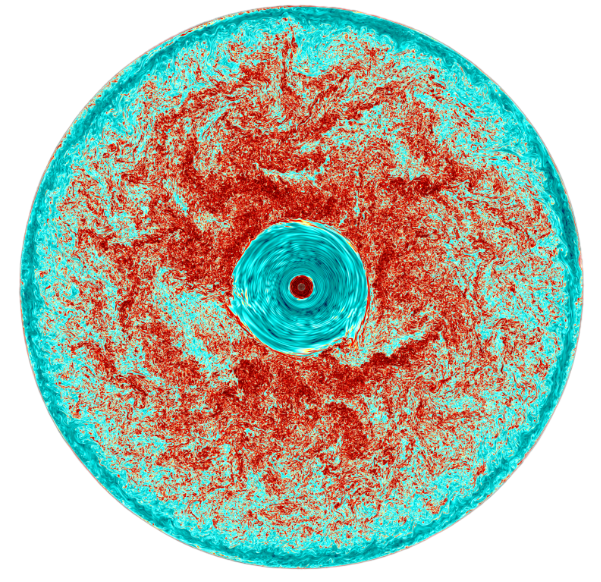Stellar & nuclear astrophysics
Stellar astrophysics includes studies of the interiors, atmospheres, and evolution of stars. Stellar populations uses the properties of stars to study the morphology and evolution of galaxies, including the Milky Way (Galactic Archeaology). Physics experiments at TRIUMF contribute critical nuclear astrophysics data to our models and calculations.
Stellar Populations
Stellar populations is the analysis of groups of stars to study the formation and evolution of galaxies. At UVic, our stellar populations group includes photometric and spectroscopic experts who are using Canadian and international ground-based telescope facilities, as well as space-based missions (ESA Gaia and NASA HST and JWST). We are co-founders of the Pristine Survey to discover and map the oldest, metal-poor stars in the Local Group using the MegaCam imager at CFHT, and the Gemini high resolution spectrographs for precision radial velocities and chemical abundances.
Contact: Kim Venn, Alan McConnachie, Julio Navarro, Dave Andersen, Peter Stetson, Paolo Turri
GHOULS (GHOST Ultrafaint Legacy Survey)
GHOULS (GHOST Ultrafaint Legacy Survey) is a large Gemini program using the GHOST high-resolution spectrograph to obtain detailed radial velocities, metallicities, and complete chemical abundances for all bright stars in Local Group ultra-faint dwarf galaxies. This comprehensive spectroscopic survey will provide unprecedented insights into the formation histories and dark matter properties of these pristine galactic fossils.
Contact: Kim Venn, Alan McConnachie, Julio Navarro
Stellar Evolution
Stellar evolution includes detailed computations of stellar interiors and follows how they change as a star ages. This group works with the MESA and Vandenberg's stellar evolution codes. This group also works with the JINA-CEE and NuGrid collaborations to study the major element production sites in stars and stellar explosions. The simulation datasets are input for models of chemical evolution in galaxies.
Contact: Falk Herwig, Pavel Denisenkov
Stellar Hydrodynamics
We employ large-scale 3D hydrodynamical simulations to investigate crucial stellar processes including convection, convective boundary mixing (CBM), and the impact of internal gravity waves (IGWs). This research provides vital insights into energy transport and chemical mixing within stars, essential for improving models of stellar structure and evolution.
Contact: Falk Herwig

Nuclear Astrophysics
Experiments at TRIUMF to obtain nuclear physics data needed in computations of the origin of elements in stars. Detector of Recoils And Gammas Of Nuclear reactions (DRAGON) is a recoil mass spectrometer used at TRIUMF to measure the rates of nuclear reactions important in astrophysics. More information on nuclear astrophysics at TRIUMF.
Contact: Chris Ruiz, Iris Dillman
